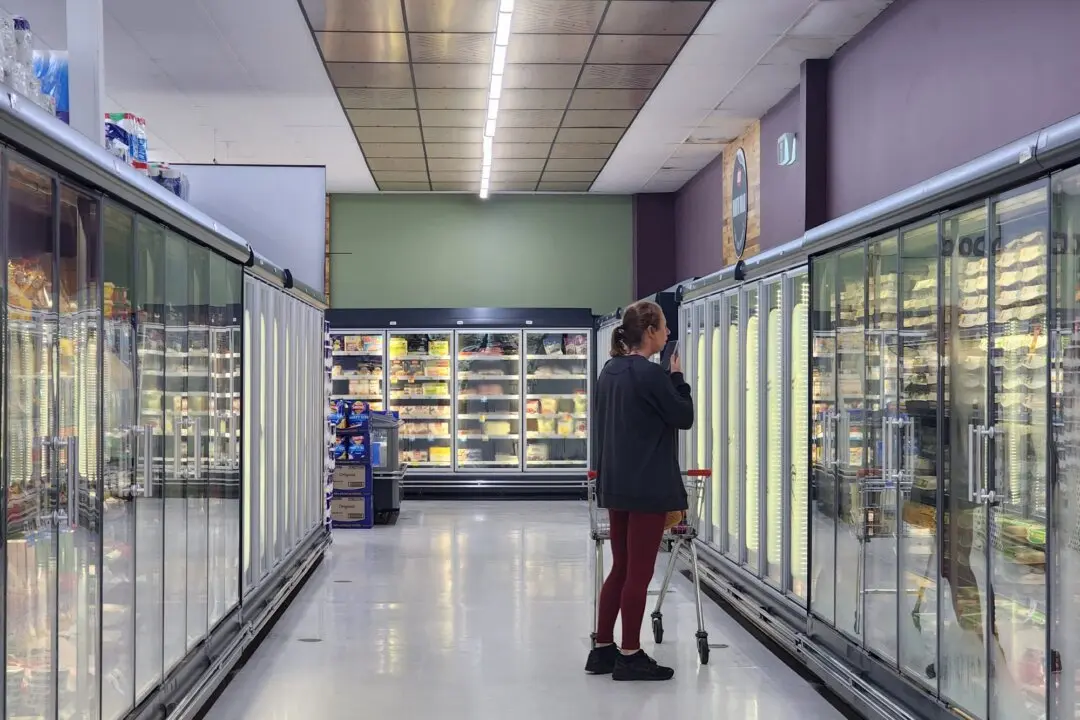Australia’s annual inflation eased slightly in July, driven by a fall in the electricity price due to government rebates for consumers.
However, this was offset by rises in food, clothing, alcohol, non-alcoholic beverages, and gas. Housing prices also rose in July but at a slower pace than in June.





